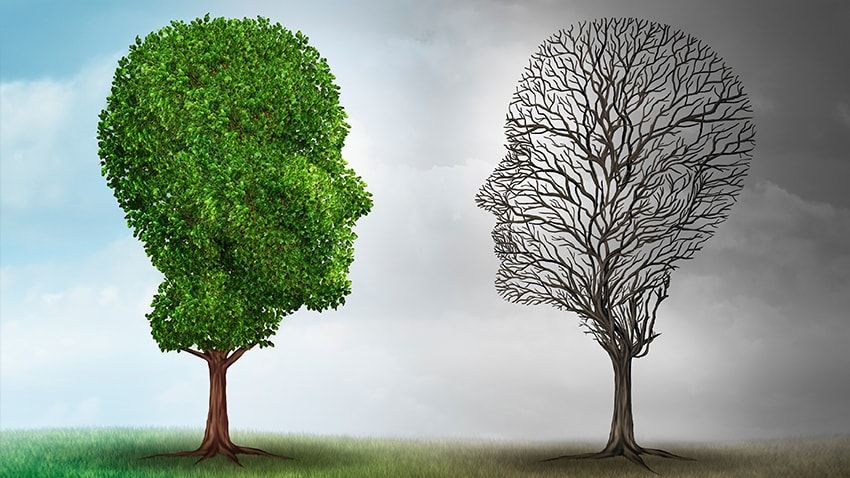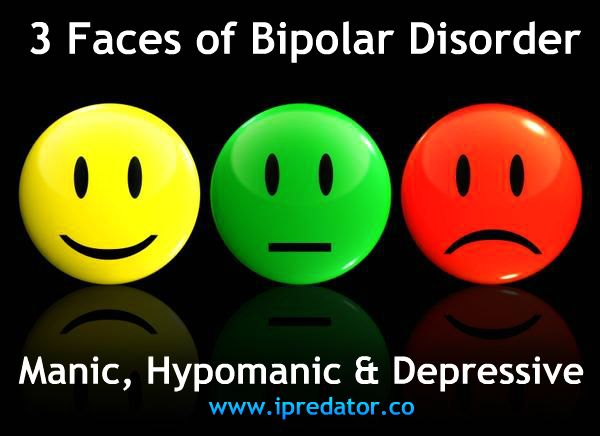Bipolarity!
Jul 13, 2019 • 9 views
Bipolar disorder is a chronic mental illness which is marked by extreme shifts in mood. It is also known as manic-depressive illness, which a brain disorder that causes unusual changes in mood, energy and the ability to carry out day-to-day works.

There are four basic types of bipolar disorder. Each one of them involves changes in mood, energy, and activity levels. These mood changes involve periods of extreme elation and energized behaviour known as manic episodes and very sad or demoralizing periods called depressive episodes. Manic periods of less severity are known as hypomanic episodes.

·Bipolar I Disorder—defined by manic episodes that last for at least 7 days or by severe manic symptoms that a person needs immediate hospital care. Generally, depressive episodes occur too, lasting for at least 2 weeks.
·Bipolar II Disorder—involves a person having at least one major depressive episode and at least one hypomanic episode.
·Cyclothymic Disorder —it is a milder form of bipolar disorder which is also known as cyclothymia and is defined by numerous periods of hypomanic symptoms and periods of depressive symptoms lasting for at least 2 years.
·Other Specified and Unspecified Bipolar and Related Disorders—defined by bipolar disorder symptoms that do not match with the three other categories listed above.
When you become depressed, you may undergo sad and hopeless phases and lose your interest from most of the activities. When your mood experiences shifts to mania or hypomania, you may feel euphoric, more energized or unusually irritable. These are the mood swings which can affect sleep, energy level, activity, judgment capability, behaviour and the ability to think. Most people experience emotional symptoms while some may not go through any such thing.
Some people with bipolar disorder undergo four or more episodes of mania or depression within a period of twelve months. Mood swings occur very quickly from high to low and back again over a period of days or hours. Rapid cycling most commonly occurs when your bipolar disorder symptoms are not treated adequately.
TREATMENT
Bipolar disorder is a relapsing illness so it is important to continue the treatment. Only medication is usually not enough to fully control the symptoms of this disorder. The most effective treatment for bipolar disorder includes a combination of medication, therapy, lifestyle changes and social support.
Diagnosis of bipolar disorder can be very tricky as it is a complex condition and this makes the treatment often difficult. For safety purposes, consulting a psychiatrist who is skilled in bipolar disorder treatment can help you through all the related complexities.
Making smart choices are very necessary to manage this diorder in an effective way. Your daily life habits significantly affect your moods and may reduce your necessities for medication. It is always better to avoid high-stress situations and monitor your moods and remain connected to friends and family.
